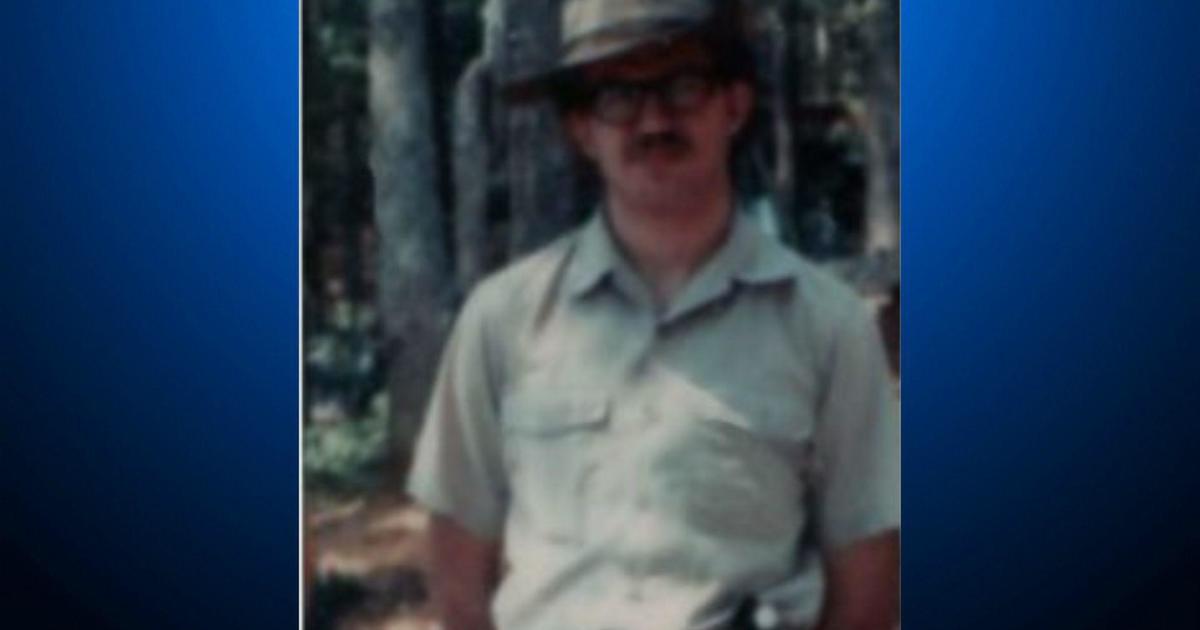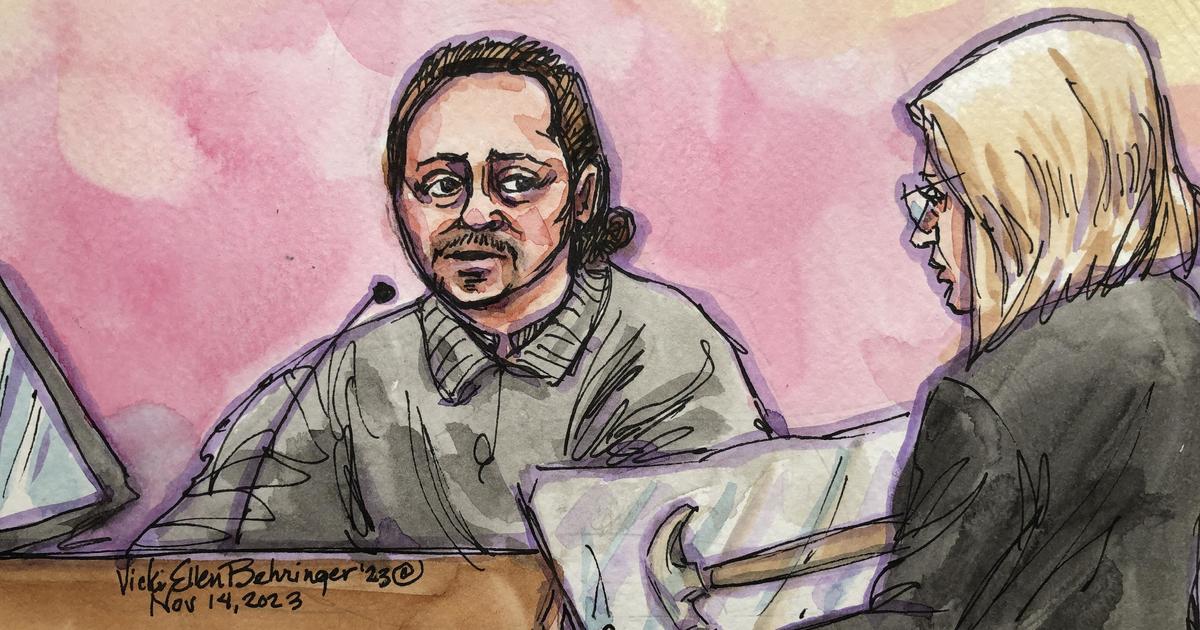Former Santa Clara Tech Engineer Gets Life Without Parole + 75 Years For Killing 3 Co-Workers
SAN JOSE (CBS SF) -- A judge in San Jose Friday sentenced a 52-year-old former engineer to life in prison plus 75 years for killing three co-workers after learning he had been fired in 2008.
Santa Clara County Superior Court Judge Sharon A. Chatman imposed the legally required sentence on Jing Hua Wu who was found guilty by a jury of three counts of first-degree murder with special circumstances March 8.
Chatman handed down the sentence at the end of a hearing in which family members of two of the victims read statements about how the killing impacted them, and Wu himself spoke of how he "regretted" the shootings.
Wu, who had pleaded not guilty, failed to convince the jury he was insane when he went into an office at the Santa Clara-based SiPort, an HD radio chip company, and fired a 9mm pistol at three company managers Nov. 14, 2008.
Among those killed were SiPort's CEO Sid Agrawal, 56; its vice president Brian Pugh, 47; and its human resources manager Marilyn Lewis, 67, after prosecutors said Wu had begged unsuccessfully for his job back.
During Friday's hearing, members of the Lewis and Pugh families brought poster boards covered with family photos showing the victims and placed them in the courtroom where Wu could see them.
Wu, dressed in red and orange jail clothes, listened impassively to the victim impact statements with earphones as a court interpreter translated for him in Mandarin Chinese.
Lewis' adult daughter Cindy, seated on the witness stand at a microphone beside her brother, Ty, and sister, Tracy, said that her mother's murder brought "an enormous emptiness inside us that will haunt us every day for the rest of our lives."
"Although this senseless murder took place over four years ago now, it still feels like it was yesterday," she said. "These feelings never go away."
"Mr. Wu is a calculating, selfish, careless, evil individual, who has shown no remorse for what he has done," she said. "He should never be allowed out because he has no regard for human life."
Pugh's sister Robin also addressed Wu directly, saying that he chose to kill the people who had tried to come to his aid "despite your inept performance at work" and has "refused to accept any responsibility for what you have done."
"I don't need to tell you what kind of man Brian was because you worked with him, every day," Robin said. "And you knew him, and in the end it didn't matter how Brian tried to help you, it didn't matter how he tried to work with you, you killed him anyway."
"You're a fool," she said. "You're the biggest fool. Because you destroyed your own family and your own life with your petty feelings and your act of revenge."
Wu himself stood at the defense table with the translator to deliver a statement in which he claimed he did not plan to murder the victims in advance.
"I did not have any intention to harm any of the people on that particular day," he said.
Wu said that he could not remember what happened during the shootings, which occurred "after Brian Pugh hit me with a chair."
"I am terribly saddened by this event, and I regretted that it happened," he said. "I was very sad after this incident happened and the very next day I told my wife I felt very sorry for them."
"I feel very sympathetic toward all of the families of the victims," he said, adding however that "they were cheated and fooled by the prosecution."
Chatman, before handing down the maximum sentence, said that the jury decided that Wu had planned the murders and rendered its verdict despite hearing from two doctors who testified that Wu was not sane during the murders.
The judge said that state law required the imposition of life sentences without the possibility of parole for each of the three first degree murder counts plus 25 years to life for each as a special circumstance because Wu used a gun.
Chatman made the sentences run consecutively and ordered Wu to pay about $30,000 in restitution to the victims' families.
Wu's attorney Tony Serra said outside the Hall of Justice that he planned to file an appeal because the court failed to adequately consider Wu's diagnosed mental illnesses as mitigating factors in the murders.
Serra said he would also appeal because California's law that presumes a criminal defendant was sane, unless they suffered from a mental illness and failed to know what they did was wrong, was based on the McNaughton rule written in 1843 and so is outdated.
Deputy District Attorney Tim McInerny said Chatman last week ruled against Serra's motion for a new trial.
(Copyright 2013 by CBS San Francisco and Bay City News Service. All rights reserved. This material may not be published, broadcast, rewritten or redistributed.)



